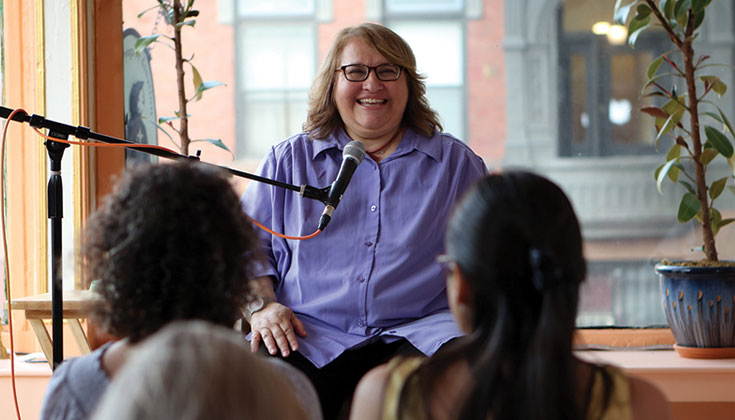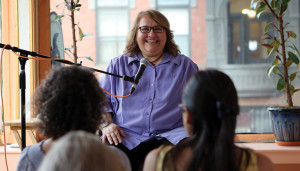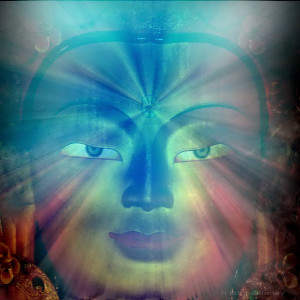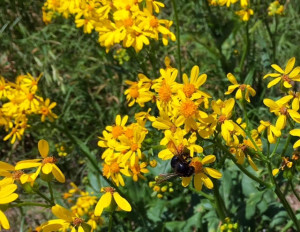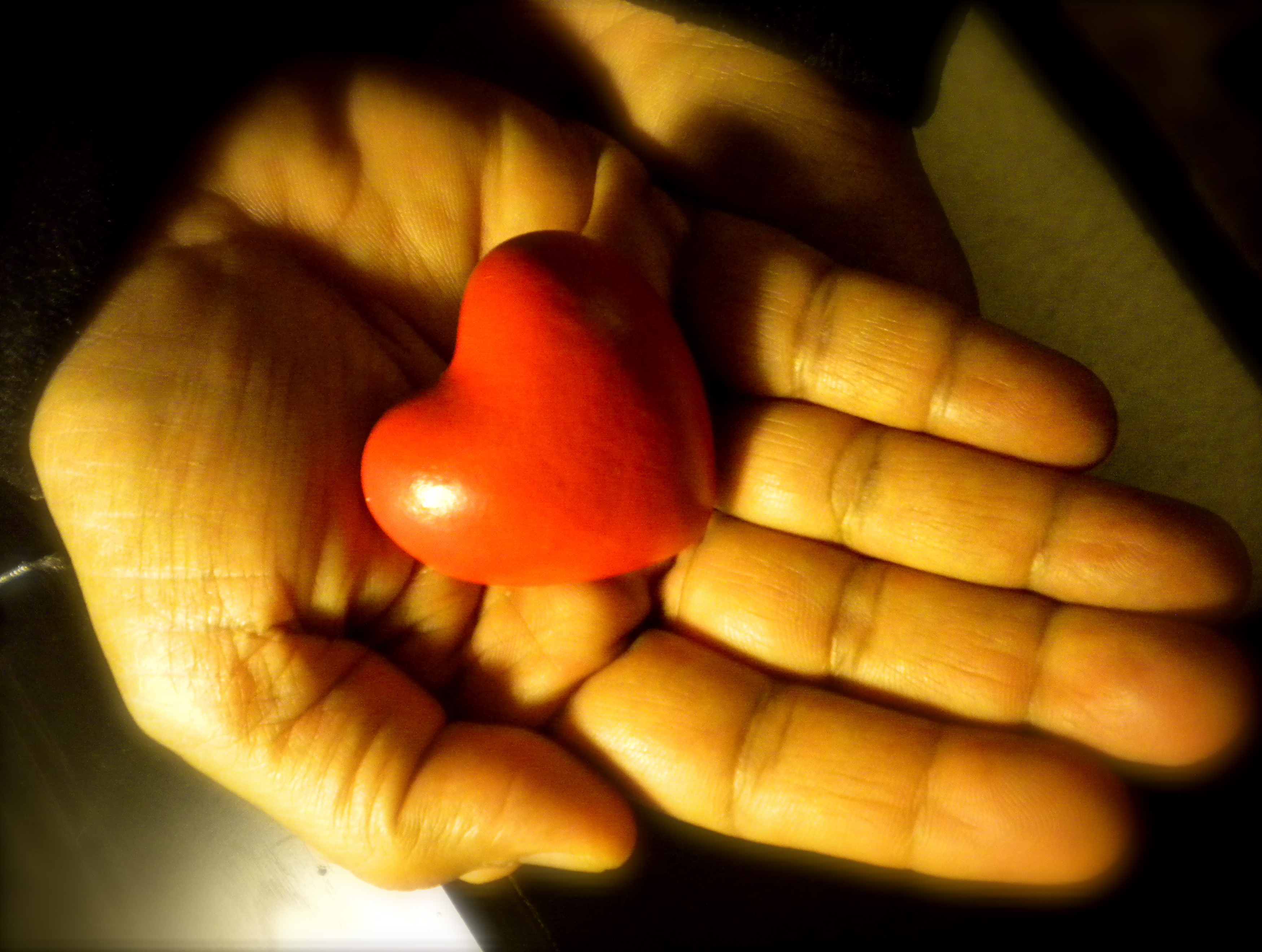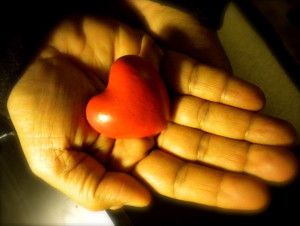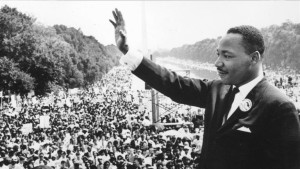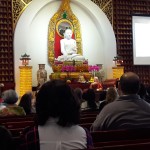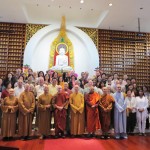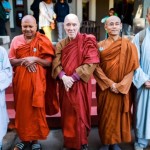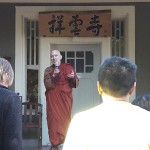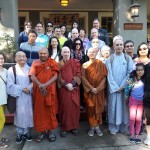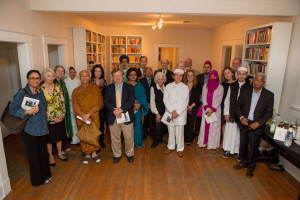Ann Gleig takes a far-reaching look at how Buddhism and the conversations within it are changing in the twenty-first century.
- “What is the impact of mindfulness transitioning from a countercultural religious practice to a mainstream secular one?“
- “In challenging white privilege, Asian Americans and other practitioners of color have been instrumental in recovering and building the neglected third refuge — sangha — in meditation-based convert Buddhism.”
- “Gen X teachers say they are more open to cross-lineage collaboration than their baby boomer counterparts and that they’re forging a more pluralistic, nonsectarian approach to Buddhism.”
- “Mindfulness has spread from Buddhist monasteries and retreat centers to mainstream cultural arenas including medicine, education, and business.”
Ann Gleig is an assistant professor of religion and cultural studies at the University of Central Florida. In April 2017 she received the University Excellence in Undergraduate Teaching Award. She completed her PhD in religious studies at Rice University in 2010, focusing on Buddhism and Hinduism in modernity. Her forthcoming book about current trends in American meditation-based Buddhism is being published by Yale University Press February 26, 2019.

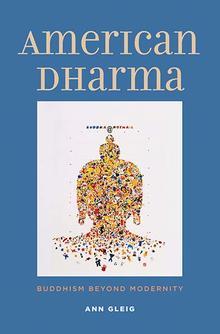

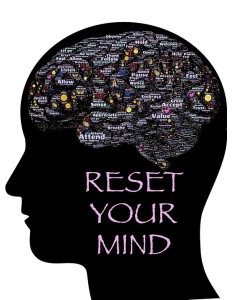 Business leaders, professional athletes, mental health professionals, and, of course, your neighbor down the street are all discussing how being mindful can improve our mental state and general well-being. Mindfulness is used as an approach for treating pain, depression, anxiety, OCD, addiction, chronic diseases, and HIV treatment side effects, as well as an aid in weight loss and in being more productive. So what is mindfulness? And what does the research have to say about its ability to better our lives?
Business leaders, professional athletes, mental health professionals, and, of course, your neighbor down the street are all discussing how being mindful can improve our mental state and general well-being. Mindfulness is used as an approach for treating pain, depression, anxiety, OCD, addiction, chronic diseases, and HIV treatment side effects, as well as an aid in weight loss and in being more productive. So what is mindfulness? And what does the research have to say about its ability to better our lives? 